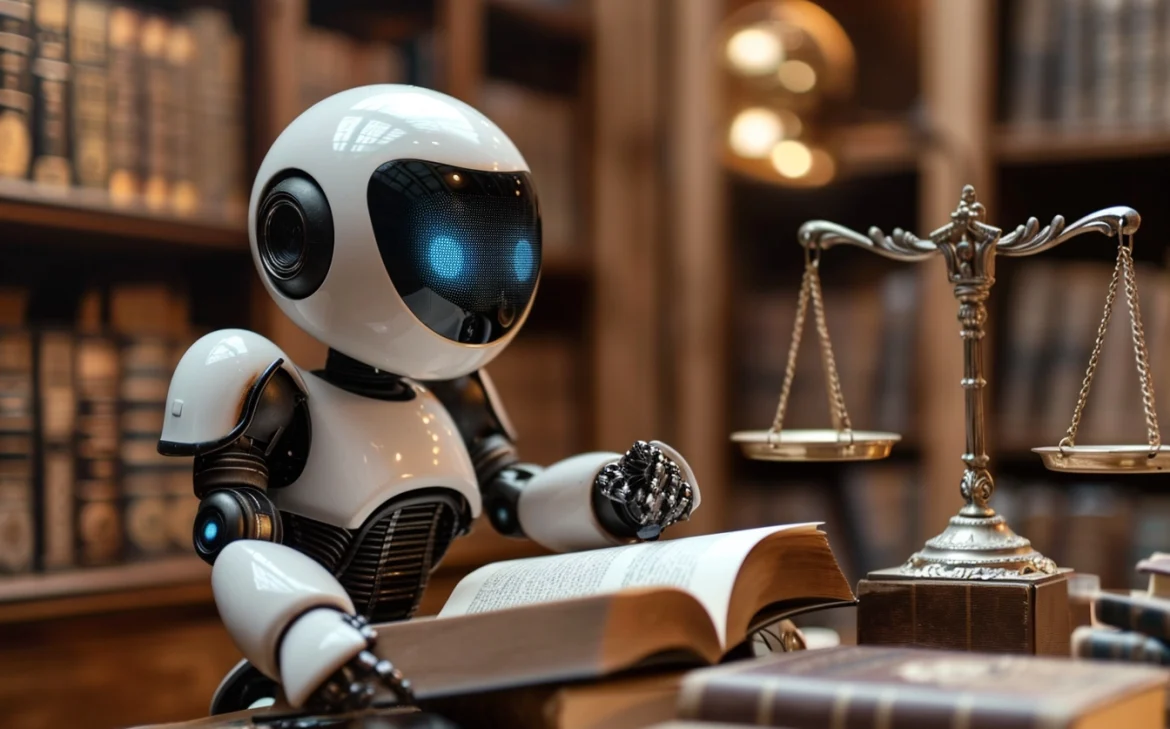Artificial Intelligence (AI) is reshaping the legal landscape by automating tasks, enhancing legal research, and improving decision-making. However, as AI becomes more integrated into legal processes, it introduces several risks that must be carefully managed to protect fairness, accuracy, and ethical integrity.
What Are the Risks of AI in Law?
AI in the legal field typically involves using machine learning algorithms for document analysis, contract review, legal predictions, and even sentencing recommendations. While these tools can offer efficiency and insights, they also pose significant challenges that could impact justice and public trust.
Key Risks in AI and Law
Bias and Discrimination
AI systems can inadvertently perpetuate or amplify existing biases present in the data they are trained on. In legal contexts, this may lead to unfair treatment based on race, gender, or socioeconomic status, particularly in predictive policing, sentencing algorithms, or risk assessments.
Lack of Transparency
Many AI models, especially deep learning systems, operate as “black boxes” with decision-making processes that are difficult to interpret. In the legal system, where accountability and reasoning are critical, this lack of explainability can undermine trust and due process.
Data Privacy Concerns
AI in law often requires processing large volumes of sensitive personal data. If not handled properly, this can result in breaches of confidentiality, exposure of privileged information, and violations of data protection regulations.
Over-Reliance on AI Tools
There is a growing concern that lawyers, judges, or law enforcement may over-rely on AI outputs without applying sufficient human judgment. This can lead to errors, misinterpretations, and unjust outcomes if AI recommendations are treated as infallible.
Accountability Challenges
When AI makes a legal recommendation or decision, it is often unclear who should be held responsible for errors or harm—the software developers, the legal professionals using the system, or the organization that implemented it.
Ethical Dilemmas
AI tools that assist in legal decisions raise questions about the ethical limits of automation. Should algorithms influence life-altering decisions such as bail, sentencing, or employment background checks? The role of human discretion remains essential in preserving justice.
Unequal Access
High-quality AI legal tools may be expensive, creating an access gap between large firms with resources and smaller practices or individuals. This can deepen inequalities in legal representation and access to justice.
Conclusion
While AI holds promise for making the legal system more efficient and accessible, it also introduces serious risks around bias, transparency, privacy, and accountability. Legal professionals, technologists, and policymakers must work together to ensure that AI tools are used ethically, fairly, and responsibly in the practice of law. Balancing innovation with fundamental legal principles will be key to building a just and trustworthy future.




Leave feedback about this